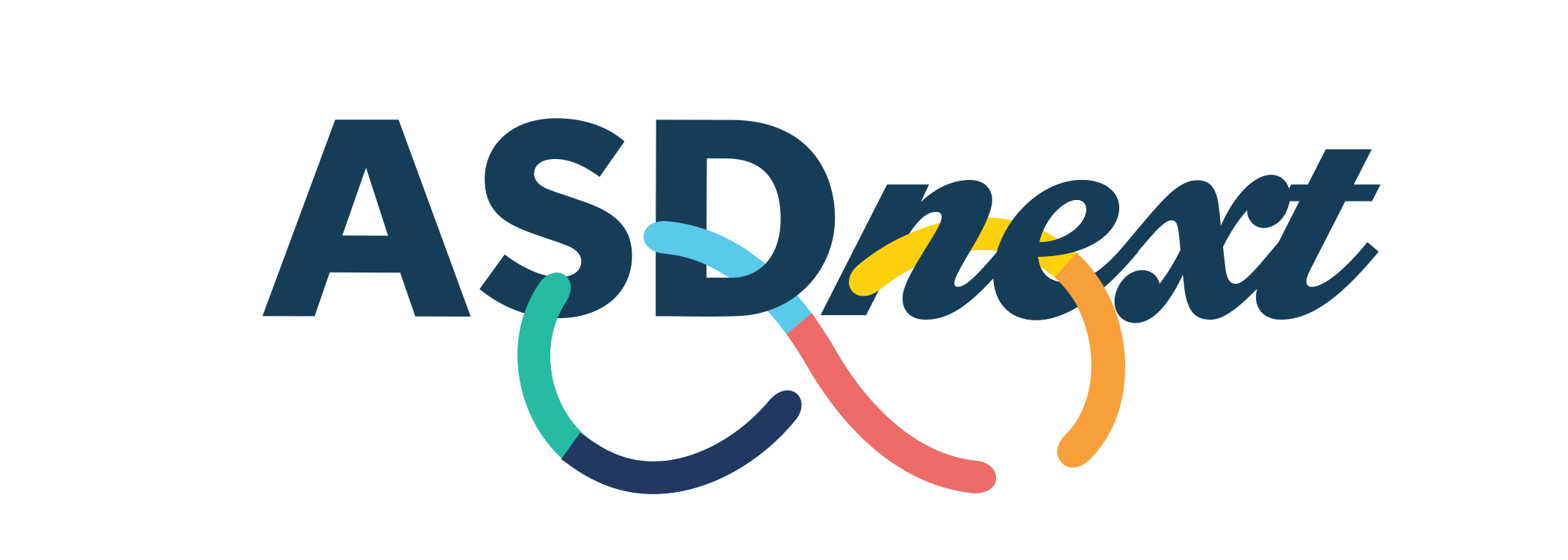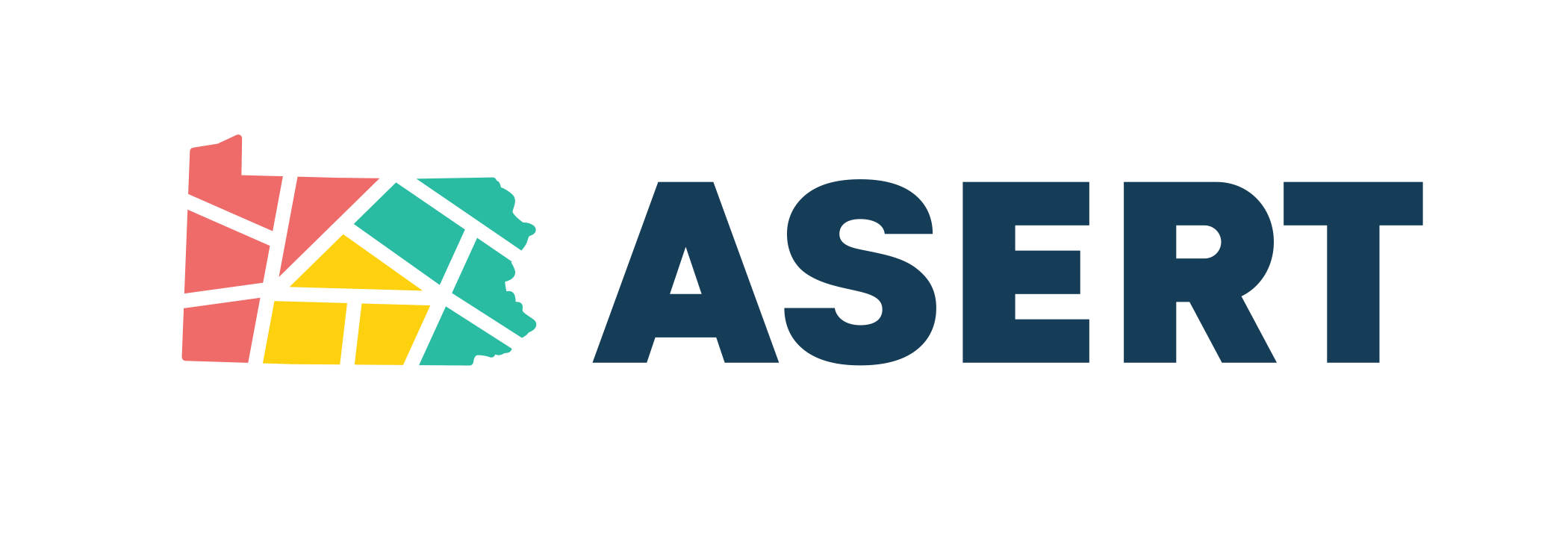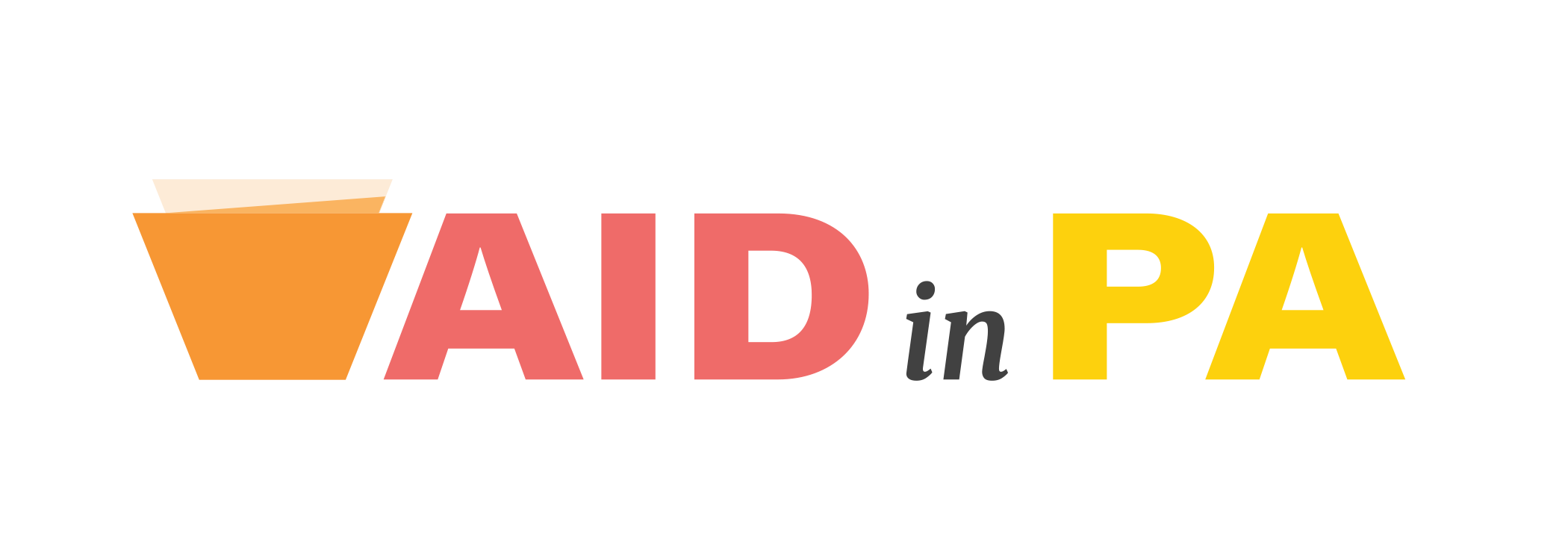Positive Approaches Journal, Volume 9, Issue 4
Tobolski | 51-59

Volume 9 ► Issue 4 ► 2021
Toward the White
Picket Fence: Experiences Providing Education on Sexuality and Healthy
Relationships to People with Intellectual and Developmental Disabilities (I/DD)
Amy S. Tobolski
Abstract
While access to sexuality education for self-advocates has improved, and more people now recognize sexual expression as a basic human need experienced by people with I/DD, I still hear from special education teachers that their students are excluded from health classes when content related to sexuality is being taught. We still receive referrals requesting education for adult self-advocates who have made sexual behavior mistakes, resulting in adverse personal, social, or occupational consequences. This article outlines the implementation of a healthy relationships/sexuality curriculum with groups of self-advocates, what we have learned, and the barriers we have encountered. Since Dave Hingsburger lit the spark for me during a presentation I attended early in my career, I have taken advantage of every opportunity to increase my knowledge about the various aspects of sexuality in people with I/DD, including developing/fostering healthy relationships and abuse prevention, as well as supporting people who have engaged in problematic sexual behaviors and/or sex offenses.
___
Like so many people with I/DD, all she really wanted was what I typically refer to as “the white picket fence” – a husband, a home, and a couple of kids. I often wonder when she began to believe that her dream – at least, this specific dream -- was
no longer possible. Was it when she moved into the group home upon the death of her family caregiver? During one of her multiple psychiatric hospitalizations? Or was it when she was brutally raped by an ex-boyfriend? Maybe it was the moment she
understood the implications of a hysterectomy to resolve medical issues. I wonder how her life may have been different if she had grown up in a milieu where sexuality and intellectual disability were not considered by most to be mutually exclusive
– if she had been given the information she needed when she needed it. She has had experience with sex – she figured that out on her own. But the physicality of intercourse has done little to meet her basic human need for emotional intimacy, connection,
and love, nor has it enhanced her ability to manifest those things in her life.
Identifying Needs
She is not alone. Many people with I/DD (self-advocates) struggle to recognize, develop, and maintain healthy relationships. When considering the multiple barriers to self-advocates expressing healthy sexuality and accessing sexuality education, three main themes have been identified in the literature: the perceptions of others, their perceptions of their own sexuality, and sexuality knowledge. 1 Furthermore, “Sexuality and relationship development fall within many professionals’ scope of practice. However, there is no one profession taking the lead.”2
As a Health Care Quality Unit (HCQU) in Pennsylvania, we provide medical and behavioral education and technical assistance to supporters and self-advocates within a nine-county catchment area in northwestern PA. Since our inception in 2002, we have received increasing numbers of requests to provide individualized education for self-advocates on aspects of sexuality and relationships (consent, public vs. private, etc.). The knowledge and skills needed to form and maintain healthy relationships – including the ability to protect oneself from abuse – build upon each other. A brief training or two is not enough for most, so we began to consider alternatives. I was confident that we could implement a full sexuality education curriculum effectively; however, we are a relatively small HCQU. With two RNs, a Behavioral Health Specialist, and myself as potential educators, preparing for a comprehensive, lengthy training curriculum in addition to meeting our everyday training and technical assistance requests was daunting. Our fantastic team was up for the challenge!
Choosing a Curriculum
Our choice of curriculums was guided by the 6 Rules of Presentation outlined by Lisa Mitchell, LCSW-R – presentations on relationships should be simple, visual, individualized, repetitive, fun, and concrete.3 Our team unanimously
agreed upon Positive Choices: A Program on Healthy Relationships, Sexuality,
and Safe Boundaries for Secondary Students with Intellectual and Developmental
Disabilities.4 It is easily modified for adult learners and has a consistent structure that allows for creativity in presentation. Visually, it uses a lot of photographs and large, clear drawings. It begins with three rules
related to common themes throughout the curriculum that are reviewed prior to each class: respect, confidentiality/trust, and our legal obligation to report danger/harm to self or others.
Implementation
We work through the curriculum in order, using multiple modalities, including discussion, role play, games, and videos, adapting activities to meet the needs of each unique group. Participants fill out relevant pages in their student manuals and we
encourage them to use their manuals as a reference beyond the completion of classes. Skipping the sections on puberty and offering one-to-one education, if needed, on monthly self-exams allows extra time for activities and reviews, as well as
a celebration on the final day of class. We typically plan for 30 hours, which we present in small chunks over several weeks. The length and frequency of classes are ultimately determined by the group and the host site.
Participants
Thus far, a maximum of ten self-advocates per class has proved to be an appropriate number to promote participation while also providing for diversity of experience. Like any typical educational opportunity in the community, we do not request or receive extensive background information on participants. We know very little about them beyond what they choose to share with us. We do not currently accept adjudicated sex offenders, as they may require a therapeutic element that is beyond our scope.
We received several similar requests to provide sexuality education to self-advocates in the same area, making our pilot group easy to identify. They all lived in the community, either independently, with a significant other, or family. Most were or had been in at least one relationship. This group was contrasted by a subsequent group who all had one-to-one medical and/or behavioral supports and fewer experiences with relationships, both romantic and otherwise. These two diverse groups are representative of the marked differences in opportunity and experience that we have encountered thus far. For example, almost all of our pilot group were familiar with birth control and protections from sexually transmitted infections (STIs), while the opposite was the case for the one-to-one group. The pilot group was also much more informed about topics such as types of relationships, dating, the life cycle, and sexual orientation.
Involving Supporters
While our “no staff” approach was welcomed by our pilot group, consultation with a sexuality educator and our own experience brought the realization that, for some participants, having a consistent supporter with them allows for review of class content outside the classroom. It also provides supporters the opportunity to improve their skills to the benefit of not only the participant, but potentially everyone they support. Prior to bringing supporters into the classroom, we ask participants if they are comfortable having them there as fellow learners. Supporters sign the same student contract as self-advocates at the outset and are included in class activities.
Before our first scheduled class, I offer supporters (including Supports Coordinators, provider staff, and family members) an opportunity to view the curriculum content, ask questions, and express concerns. I also provide suggestions for enhancing learning outside of the classroom. Most expressed concerns relate to the person’s ability to self-protect from exploitation and abuse, STIs and unwanted pregnancy, and sexual behavior mistakes that are against the law. They can assess for themselves how well the curriculum addresses their concerns. I also point out how we will cover the foundational skills and abilities for self-protection by providing accurate information about anatomy and sexuality, so participants need not rely on potential sources of misinformation – peers, social media, and the internet. By building self-esteem, confidence, and assertiveness we can decrease the likelihood of participants complying with unwanted contact to gain connection. Positive Choices is about developing knowledge and skills to make responsible decisions and experience healthy relationships.
Data
Since much of the curriculum relates to “soft skills,” like empathy, responsibility, and problem-solving, it is more challenging to capture hard data regarding efficacy. The curriculum contains a rubric for assessing the person’s demonstrated knowledge and skills in all areas covered. Although lengthy, it is a simple check-box format, so we include it as part of the referral. By indicating which parts of the curriculum are less familiar to each participant, it guides our focus to the areas where people struggle most. We meet following each class to assess how our teaching modalities were received, as evidenced by attention and class participation. We ask each participant to complete an overall evaluation during the final class. Reviewing activities throughout the curriculum identifies any need for remediation.
The most elusive feedback is whether attending Positive Choices has improved the person’s ability to make safer, healthier choices regarding relationships. Studies have shown that skills learned in sex education programs often are not generalized to real-life situations.5 In an attempt to reflect lasting changes, we collect data six months following the completion of classes. We send a blank rubric – the same one we used as part of the referral – to each referrer for completion based on current presentation. The reliability of our data is impacted by difficulties having the same person complete the rubric. Supporters aren’t always in the same role with the same level of contact at the time of follow-up. Some have simply not been returned, particularly since the onset of the COVID-19 pandemic.
The rubric considers 46 specific skills and ranks the person’s ability for each as Excellent (3), Satisfactory (2), or Developing (1). Assigning a numerical value to each allows us to quantify changes. For example, improvement from Developing to Satisfactory is denoted as a +1 change, while Developing to Excellent is +2. We are then able to compare and score improvement for each individual participant as well as the whole group. Our pilot group has the most complete data, with scores for seven of the nine participants (two moved away prior to follow-up). Among these seven, change scores range from 10 to 54, with a mean of 35 and a median of 36. The total change for the group was 246.
Challenges
While we have prepared for and met many challenges along the way, there are still difficulties for which we have no clear solutions. While all our county Administrative Entities (AEs) have expressed the desire for classes in their areas, we have struggled to find host organizations. Some express concerns about the content of the class and its appropriateness to their environment, while some wish to avoid potential negative reactions from family members. These concerns tend to persist despite assurances that the classes are voluntary; and supporters -- including parents -- will have the opportunity to learn and ask questions about the curriculum to make an informed choice. We encourage parents in particular to attend informational sessions, as they have been found to benefit from education to increase recognition of their son/daughter’s sexual interest and need for sexuality education.2
Supporters readily identify self-advocates who would benefit from the class but do not have transportation to the host site. This occurs most often with those living independently in the community – those most vulnerable to misinformation while attempting to navigate relationships and protect themselves, typically doing so without a 24/7 support system. While our search for accessible in-person host sites is currently on hold, we are exploring the viability of live online classes during the pandemic. Our challenge is to ensure that the classes remain activity-based with minimal lecture, despite a virtual format.
Conclusion
I believe that the greatest benefit of implementing a sexuality education curriculum is the opportunity it provides for self-advocates (and their supporters) to both learn with and from others. They begin to discover their own power to recognize dangers
and protect themselves from being used or hurt. They receive the information they need and build skills to make healthier, safer choices. Relationships improve. A Program Specialist with a provider agency in Pennsylvania reported that attending
Positive Choices classes “helped [her] understand that other people have these difficulties too, since it was a class with her peers. At first she would ask to leave class because there were other people [there]…By the end of the class
she was planning lunch dates with other members of the class.” It is worth the time and effort when you can help people be safer, more knowledgeable, and maybe just a little less lonely.
References
- Sinclair J, Unruh D, Lindstrom L, Scanlon D. Barriers to Sexuality for individuals with intellectual and developmental disabilities: A literature review. Education and Training in Autism and Developmental Disabilities. 2015;50(1):3-16.
-
Clatos K. Breaking Barriers in Family Relationships with Intellectual/Developmental Disability: A Pilot Study of Empowering Parents Through Sexuality and Relationship Education. [master’s thesis]. Highland Heights, KY: Northern Kentucky University; 2016.
-
Mitchell L. Bringing the birds and bees down to earth: Sexuality & sexuality education for persons with autism spectrum disorders. Oral presentation at: PaTTAN; April, 2009; Pittsburgh, PA.
- Duguay LM. Positive Choices: A Program on Healthy Relationships, Sexuality, and Safe Boundaries for Secondary Students with Intellectual and Developmental Disabilities. Hartford, CT: Oak Hill; 2009.
- Schaafsma D, Kok G, Stoffelen JM, Curfs LM. Identifying effective methods for teaching sex education to individuals with intellectual disabilities: a systematic review. J Sex Res. 2015;52(4):412-432. doi:10.1080/00224499.2014.919373.
Biography
I am currently in my 30th year working in the field of I/DD. During that time, I have increased my knowledge, through presentations and conferences, reading, and consultation with a sexuality educator on topics including: developing and fostering healthy relationships, abuse prevention, and supporting self-advocates who have engaged in problematic sexual behaviors and/or sex offenses. I have been providing education to self-advocates for the past 18 years and implementing a comprehensive curriculum with groups of self-advocates for the past three years.
Contact Information
Amy S. Tobolski
Clinical Supervisor
Phone: 814-728-9400




